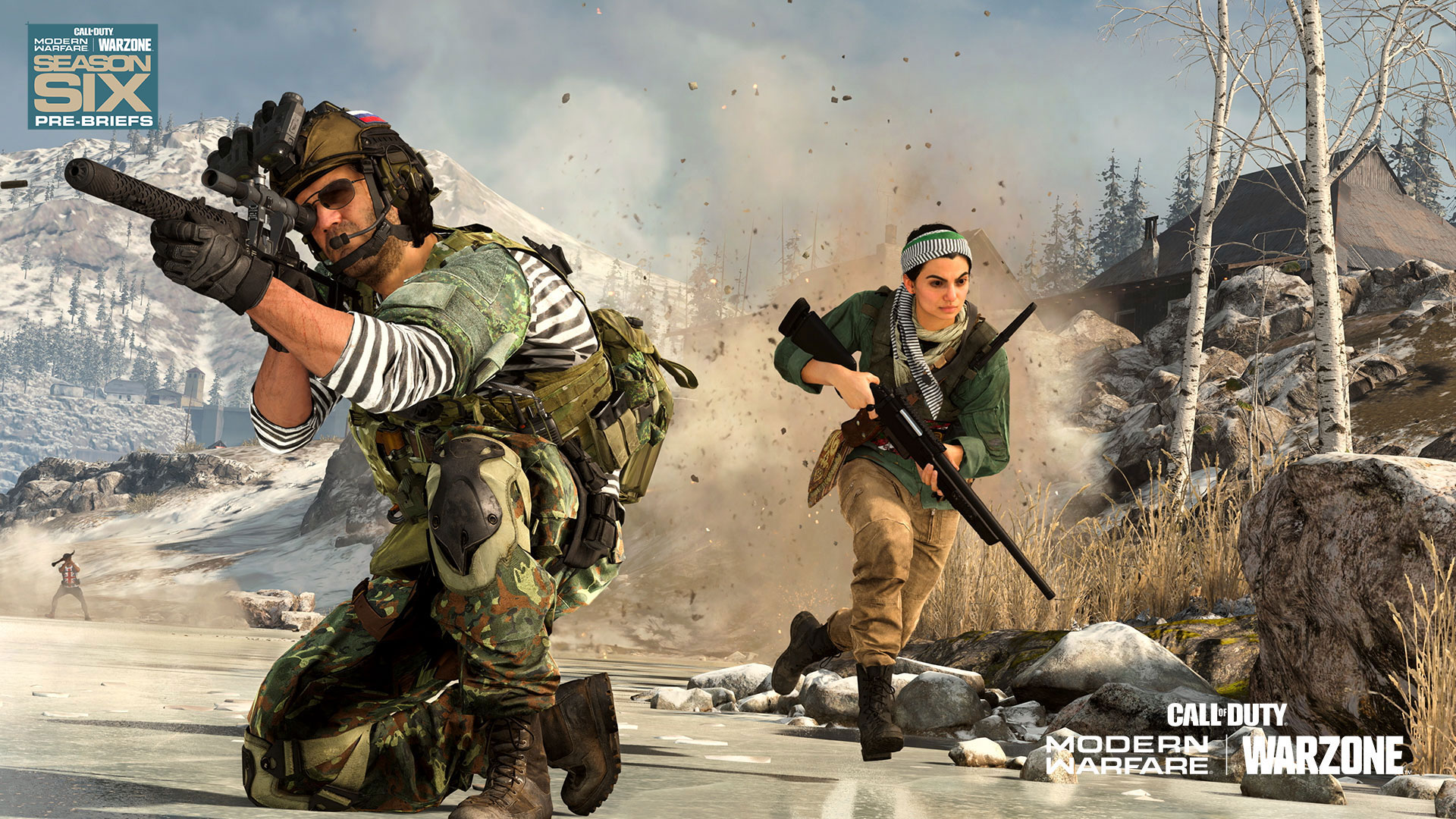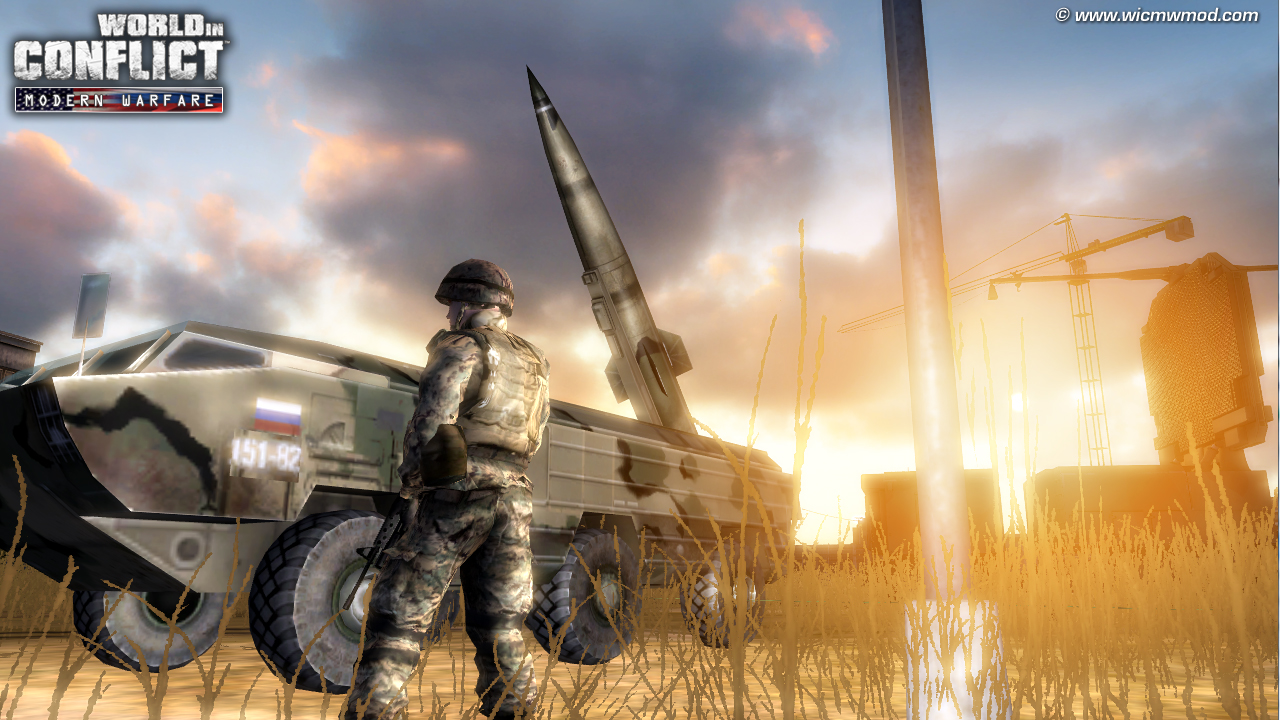


We're not making assimilation of one particular country or one in particular conflict. "The reason why Urzikstan is a fictional country is because we are taking themes that we see played over and over again in the last 50 years in countries and locations all around the world.

"I think you could probably find many instances of the words 'highway of death' being used in a lot of cases," Kurosaki answered. He was then asked in a follow-up question if the team had a responsibility to note when its fictional, in-game events are based on real-world ones, mentioning criticism recently levied at Modern Warfare for basing an in-game massacre, called the "Highway of Death," on a real-world event of the same name - but swapping the nationality of its perpetrators.

"If it encourages them to look more things up or do more research, or again, build empathy with people whose backgrounds, cultures, and ways of life are dissimilar to their own, I think that's a good thing." "For us to educate, to enlighten this player base about people like, and again there are millions of people put in her position, I think is bringing awareness to something that's sort of outside of the understanding of a lot of people," he said when asked if the team had a responsibility to "say something" about topics related to war and conflict. In an in-depth interview with GameSpot, Kurosaki responded to questions about many of the game's controversial incidents by emphasizing the importance of educating players about similar, real-world events. Call of Duty: Modern Warfare narrative director Taylor Kurosaki has said that Call of Duty: Modern Warfare is making a "tremendous statement" by depicting the chaos of modern warfare, similar to how (in his words) the Saturday morning cartoon series Schoolhouse Rock used to educate American children about the country's government and history.


 0 kommentar(er)
0 kommentar(er)
